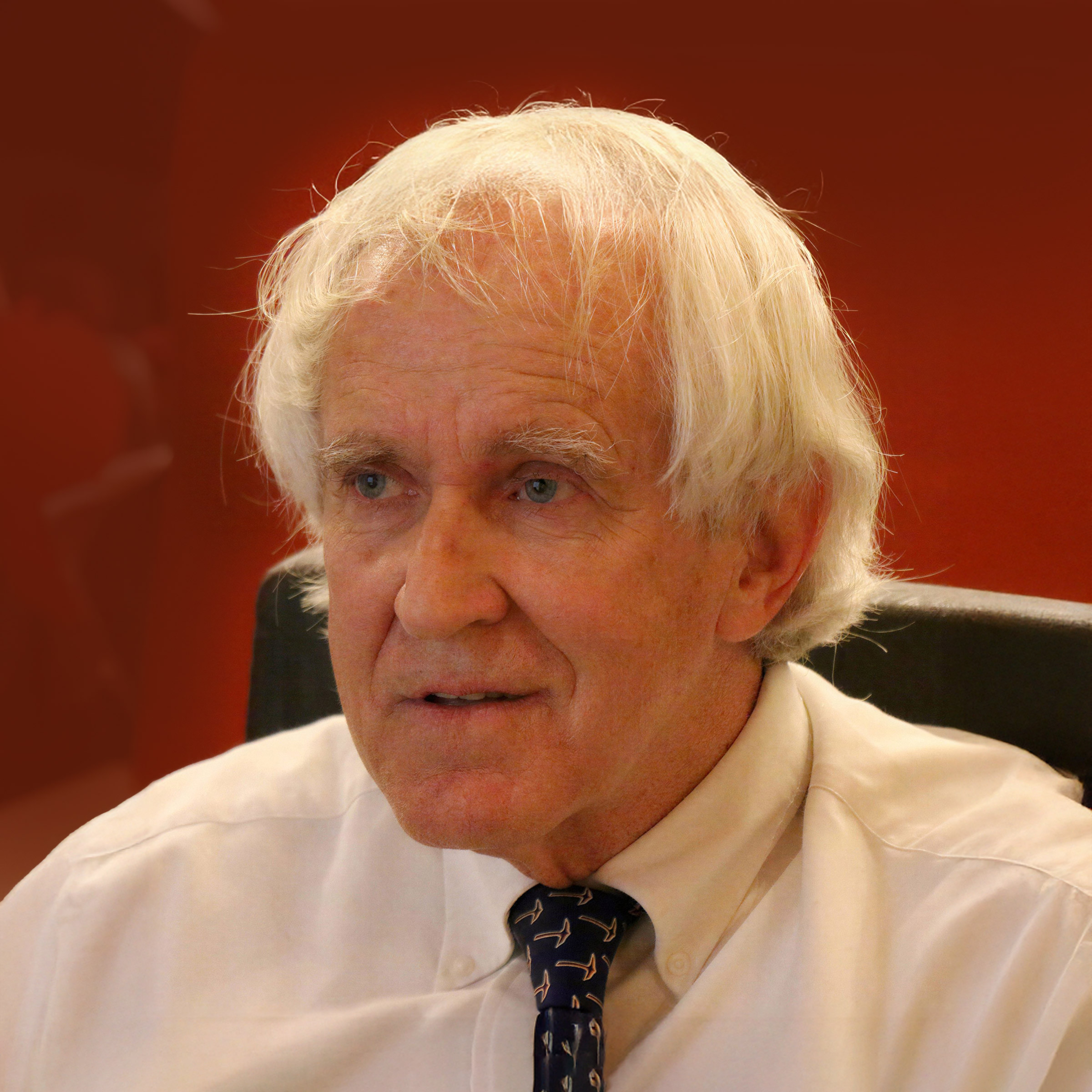Philosopher J. P. Moreland is a Fellow with the Center for Science & Culture. He offers some thoughts at Closer to Truth:
J.P. Moreland: (1:49) Think of the soul like a chest of drawers and think of the mind and the spirit like two drawers in the chest of drawers. I am a soul I’m an immaterial substance. Within me are different faculties, different ranges of powers or abilities. My mind is a faculty of the soul. My spirit is a different faculty of the soul.
Now, you can’t separate my mind from my soul like you can [separate] the legs of a table and put them in different places. So the legs of a table would be called “separable parts.” They can be separated from the whole of which their parts and still exist. The mind and the spirit are inseparable parts. They’re parts of the soul but you don’t want to think of the soul as “composed” of all these parts like a table. The soul comes first and then it has these faculties in it and one faculty is the mind and another faculty is the spirit. (2:15)
Robert Lawrence Kuhn: (2:47 ) And how many faculties are there? Have you counted them?
J.P. Moreland: (3:01 ) No. … for example I think very primitive animals clearly have faculties of sensations but probably not faculties of thought. Higher animals like a dog would have a faculty of thought in addition to faculties of sensations.
Robert Lawrence Kuhn: (3:15) You would attribute differentiating sensations from mind …
J.P. Moreland: (3:22) Oh yeah, sensations are not in the mind, they’re in the soul. They’re faculties of awareness …
Robert Lawrence Kuhn: (3:40) The fundamental question is, are you defining things that really have independent existence or are you taking one thing and sort of describing different aspects of it? … even though all of these things can be represented in the brain by electrical activities in different ways.
J.P. Moreland: (4:19) Well, I don’t think they’re represented in the brain because the concept of representation is itself a mental notion. I think they have causal correlates in the brain.
Read the rest at Mind Matters News, published by Discovery Institute’s Bradley Center for Natural and Artificial Intelligence.









































